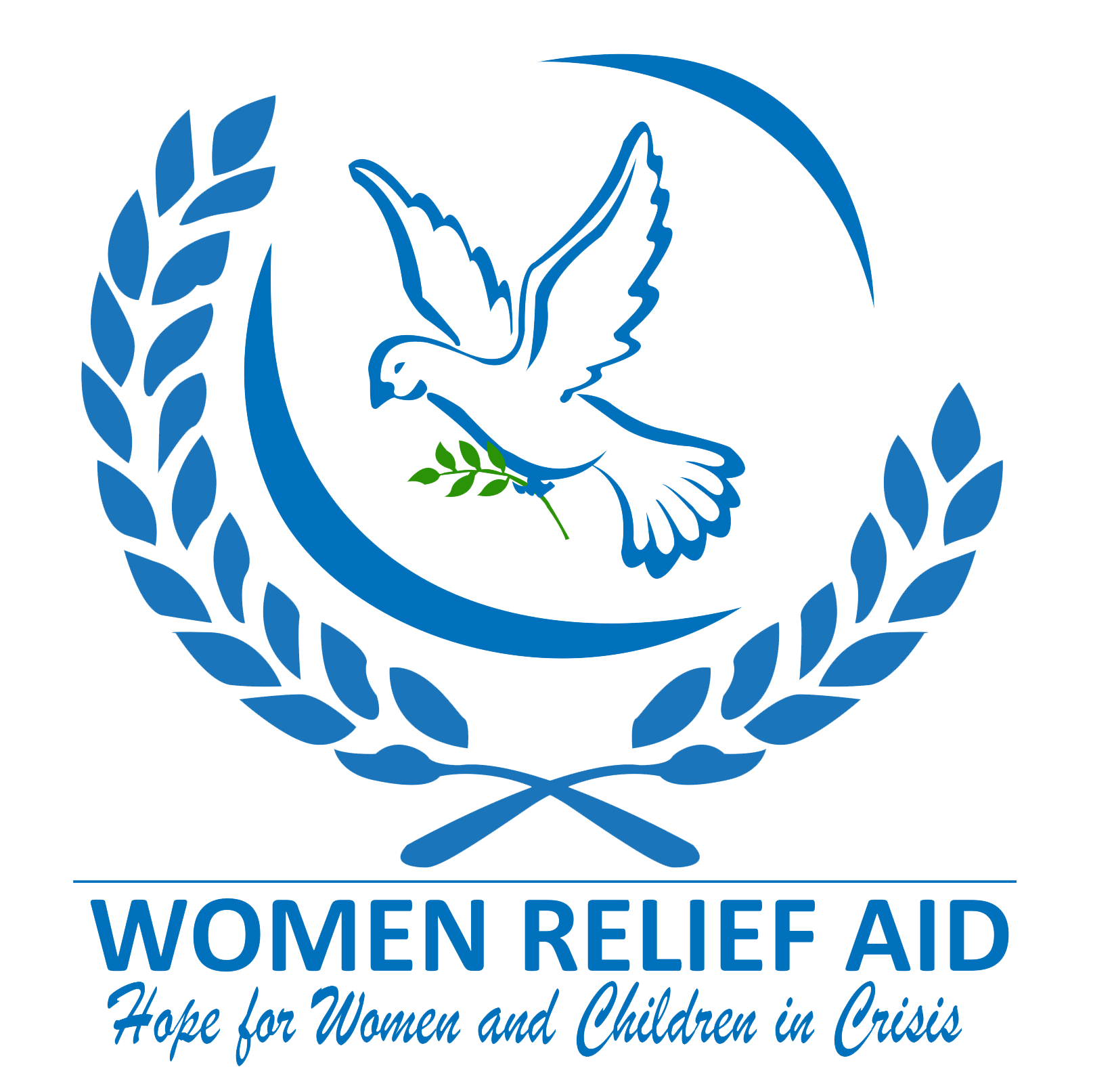In South Sudan, teenage pregnancy is a major challenge affecting girls’ and young women’s health and their social, economic and political empowerment. Indeed, South Sudan is among the 10 countries with the highest prevalence of child marriage (52%), a condition often leading to early pregnancy. According to the latest national Household and Heath Survey, one-third of the 15–19-year-old girls in the country has started childbearing and 96 percent of women of reproductive ages was not using any contraceptive method. Health consequences of pregnancy in adolescence are numerous; among them, fistula is a major issue in the country, as about 5,000 girls and women suffer from it each year. In this study, carried out by UNFPA examined the prevalence of and associated factors for teenage pregnancy among sexually active adolescent girls in Central and Eastern equatorial states of south Sudan revealed that factors contributing to teenage pregnancy include: horrible legal/practice environment for the use of contraceptives, poor contraceptive knowledge, misinformation about contraceptive side effects, and lack of trusted mentors, lack of school fees, lack of parental care, communication and supervision, poverty, peer pressure, non-use of contraceptives and desire to maintain a relationship were the main reasons for unintended pregnancies among childbearing adolescents.
Restricted access to contraceptives makes it very difficult for young girls, to prevent unintended pregnancies. Girls in the schools we visited to find out why girls would go for unprotected abortion explained that Lack of trusted people to counsel young girls confidentially on sexuality issues in general and pregnancy prevention, in particular, was also reported as one of the leading causes of early unintended pregnancies. The fear that their private information will be exposed and they will be ridiculed for engaging in sex prevented these girls from seeking counsel from older girls in the community. Obviously, access to contraceptive information and services is more for urban relative to rural dwellers yet this is restricted to only married women who seek consent from their husbands. Consequently, adolescent girls in rural areas are less knowledgeable about pregnancy prevention methods and face more challenges accessing contraceptives when they desire. With a lack of information comes limited autonomy and capacity among rural adolescents to negotiate protected sex compared to their urban counterparts. Thus, higher unintended pregnancy among adolescent girls residing in rural areas may reflect rural disadvantages in access to family planning services with restricted access for young people. It is also plausible that sexually active adolescent girls in rural areas are more likely than their urban counterparts to experience other risk factors like poverty and sexual violence, which could potentially increase their likelihood of unintended pregnancy.
Women Relief Aid South Sudan is working Urgent Action Fund- Africa to promote SRHR in South Sudan to end early child marriages and pregnancies among school going age.
